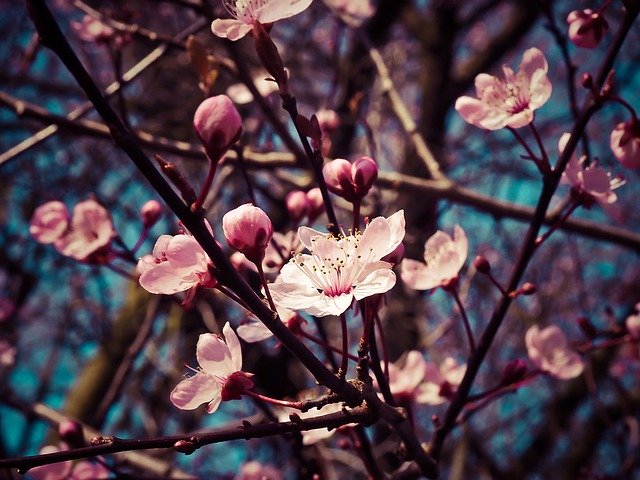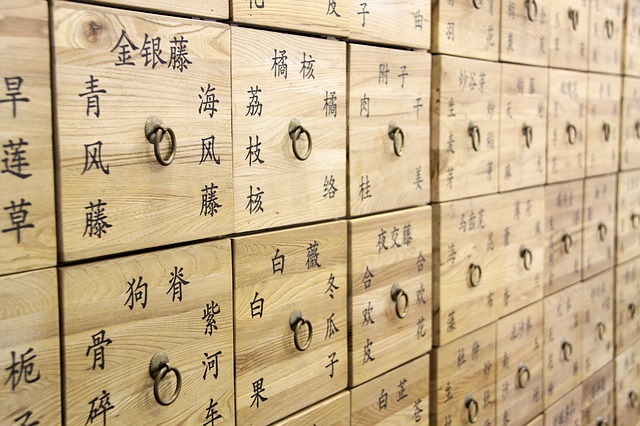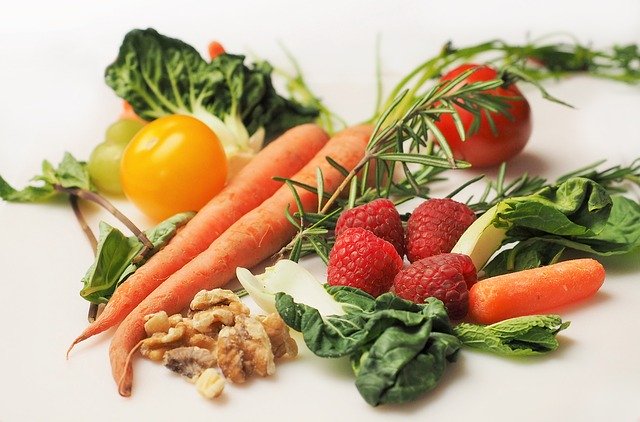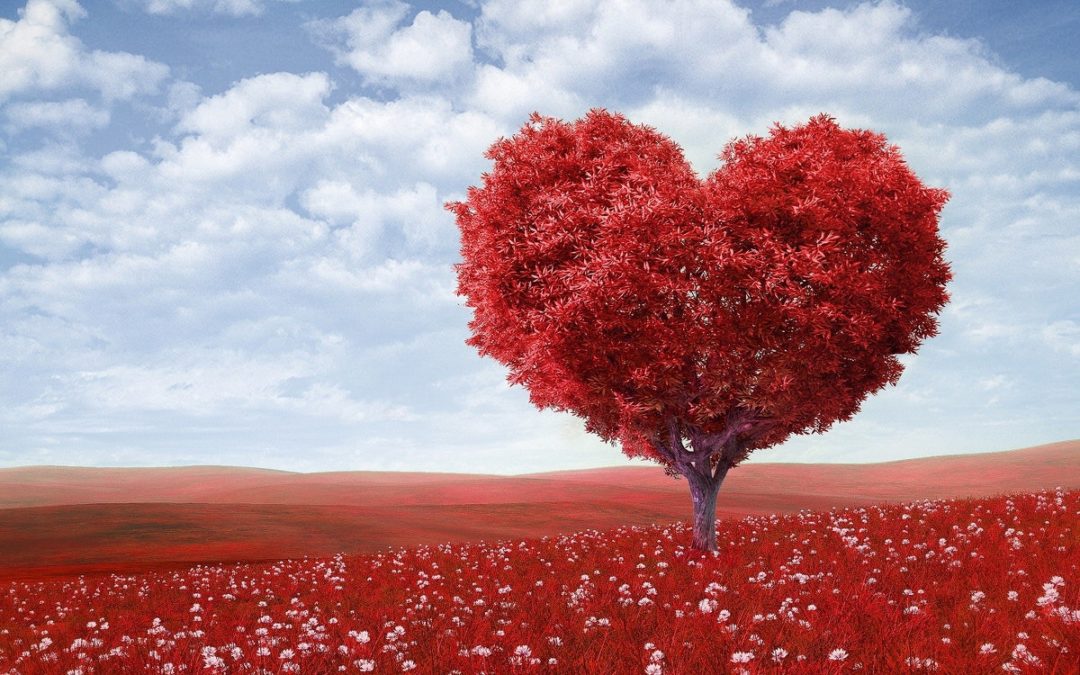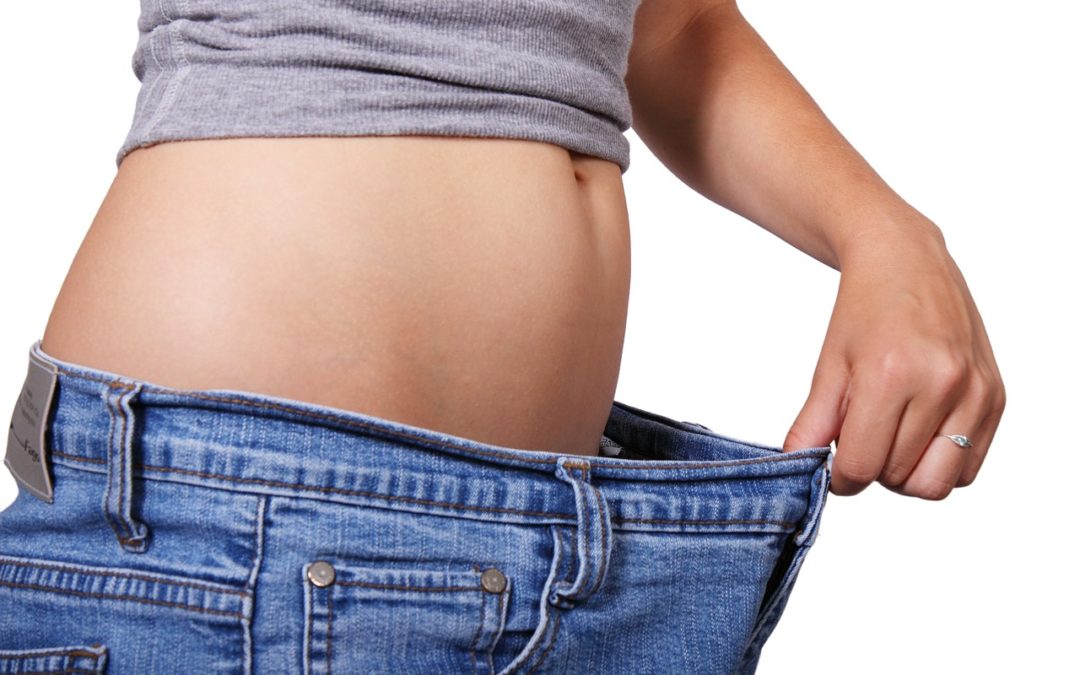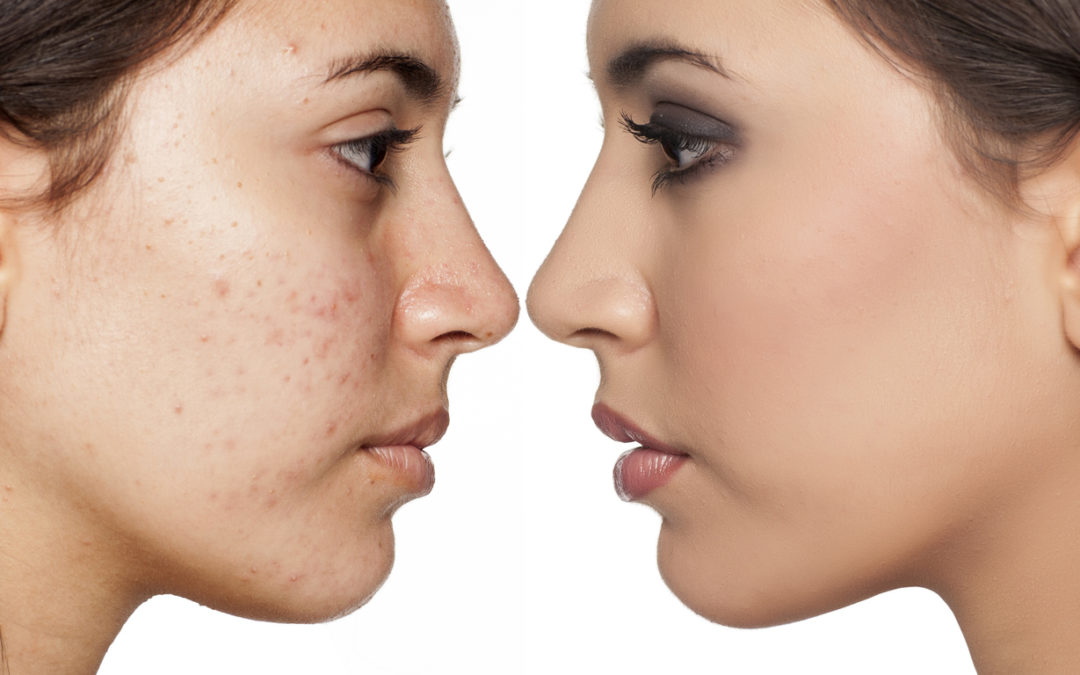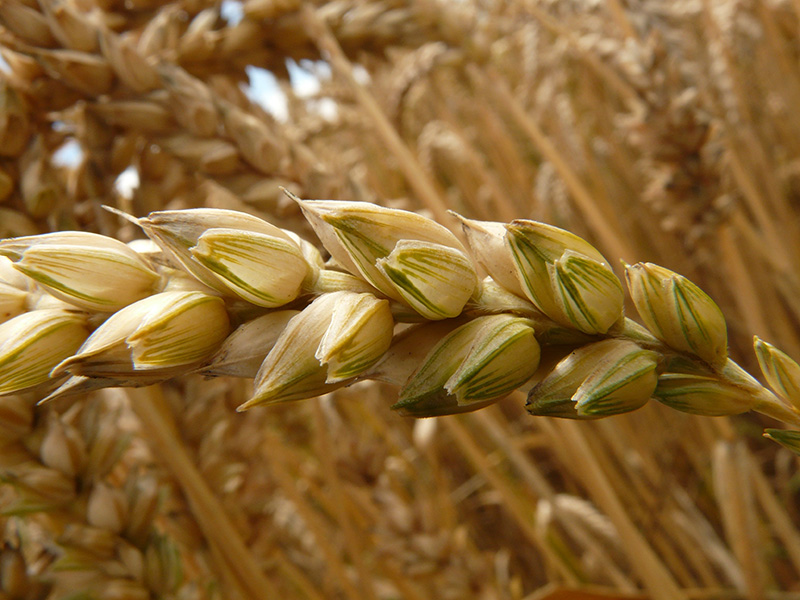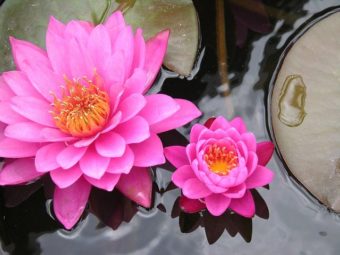
Chinese medicine: How the Kidneys influence your Fertility
Fertility in Chinese Medicine and your kidneys
The kidneys belong to the water element in Traditional Chinese Medicine. They create our sense of being rooted in our life and feeling inner security. Most importantly, they are the foundation for all of the body’s yin and yang energies. Some of their functions are: govern growth, development, water metabolism, reproduction and aging. Furthermore, they store the kidney essence. Also called jing which is considered to be the root of life of all aspects of human life. In Chinese medicine we see a kidney deficiency as one of the most common causes for fertility issues.
Some mental-emotional signs that your kidneys are out of whack are:
- Not wanting to be by oneself.
- Fear of social gatherings.
- Difficulties to love oneself.
- Feeling of unworthiness.
- Searching for the purpose in life.
- Not feeling secure and rooted in life.
- Not using one’s full potential.
- Feeling critical with oneself and others.
- Fear of financial insecurity and the future.
- Defining oneself by its roles and status in life.
Do you identify yourself with many of these aspects? Then it’s very probable that your kidneys are out of balance.
Your kidneys strongly influence your fertility and menstruation. Consequently, a kidney deficiency is at the root of many women´s problems like: infertility, amenorrhea, scanty or heavy periods, irregular periods, endometriosis, polycystic ovary syndrome (PCOS) and miscarriage. Let´s look today at their role in fertility.
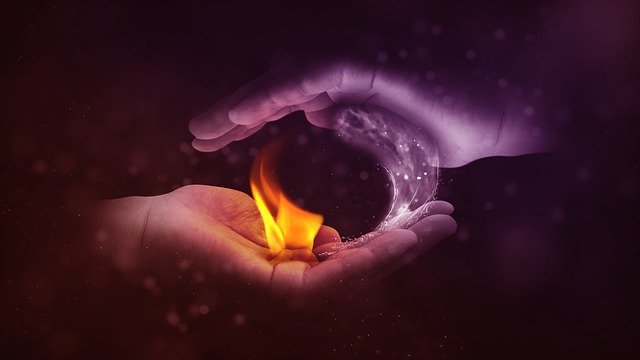
Understanding kidney-yin and kidney-yang
The kidneys in Chinese medicine have a yin part (left kidney) and yang part (right kidney).
Kidney-yin corresponds to the parasympathetic nervous system and is responsible for restoration and regeneration. When deficient it can show symptoms of:
- exhaustion
- feeling of heat
- frequent and sudden urination
- restlessness and anxiety
- insomnia and sleeping disorders
- dry skin, eyes and mucous membranes
- dizziness
- dry mouth and throat
- hot flushes
- night sweats
- spontaneous sweating
- often constipation esp. before period
- vaginal dryness
- dark scanty urine
- a pale face with flushed red cheeks
- a red peeled tongue
Kidney-yang is the foundation of the yang qi in the whole body. Its mission is to warm the whole body to promote the proper functioning of all organs and tissues. Therefore, when deficient we can experience symptoms of:
- exhaustion
- difficulty concentrating
- loss of joie de vivre and vitality up to depression
- feeling cold and aversion to cold
- declining or loss of libido
- difficulty in urination and incontinence
- excessive passage of urine at night
- water retention and edema
- lower backache esp. with menses
- low BBT readings
- often diarrhea esp. before or at the beginning of the period
- cold feet
- pale tongue
In practice we nearly always see a simultaneous deficiency of both as the two are inseparably linked. This can also lead to contradictory symptoms in women e.g.: feeling of heat of the face while having cold feet.
For getting a better understanding how they work together you could imagine that kidney-yin and kidney-yang are like an old-fashioned oil-lamp. Where kidney-yin is representing the oil and kidney-yang the flame. In other words, if there is not enough oil, the flame can die down and vice versa.
How the kidneys influence the fertilitzation process
In the reproductive system the kidney-yin is responsible for the quality of the ova (substance). While, the kidney-yang matures the follicles and provides the heat that ovulation can happen. Additionally, it is in charge of that the lining of the uterus thickens to prepare for the fertilized egg. As a result, we can see if ovulation happened in the BBT monitoring (basal body temperature) by a temperature rise after ovulation.
Consequently, we can conclude that if there are not many ova and / or the quality of the ova is poor the kidney-yin is weak. Whereas, a deficient kidney-yang can show the following symptoms: the ova is not ripening, ovulation is not happening and the uterus lining not thickening.
Furthermore, the ovaries produce the two sex hormones estrogen and progesterone. Both are crucial for conceiving and a healthy pregnancy. As a conclusion we can say that if there are low oestrogen levels, a woman can show symptoms of kidney-yin deficiency. Whereas, in case of low progesterone levels, symptoms of kidney-yang deficiency can be detected.
A kidney deficiency can be one of the reasons for recurrent miscarriages.
The main reasons for a kidney deficiency are: poor diet, chronic stress, long persisting emotional problems, certain medications, an inherited poor constitution, smoking and drinking too much alcohol.
Optimizing female fertility with natural therapies
Hormonal balance is then given when the warming (yang) and cooling (yin) functions of the body are well-balanced. For women showing any signs of kidney deficiency and menstruation problems the following treatments can be applied in my practice: dietary recommendations, acupuncture, herbal and yoga therapy and Bach flower essences.
References
Obstetrics and Gynecology in Chinese Medicine. 2nd Edition. by Giovanni Maciocia
Also see my other articles
What are low AMH levels or Anti-Mullerian hormone and how does it affect fertility?
How to Improve your Fertility Naturally
Female Sexuality & Chinese Medicine: Solving Sexual Problems Naturally
Hormone Yoga Therapy: Balance your Hormones for Optimal Health
How would it feel to free yourself from your symptoms? Ready to change and invest time and energy to get to the root of your problem? Then book your session now. I am looking forward to meeting you!

